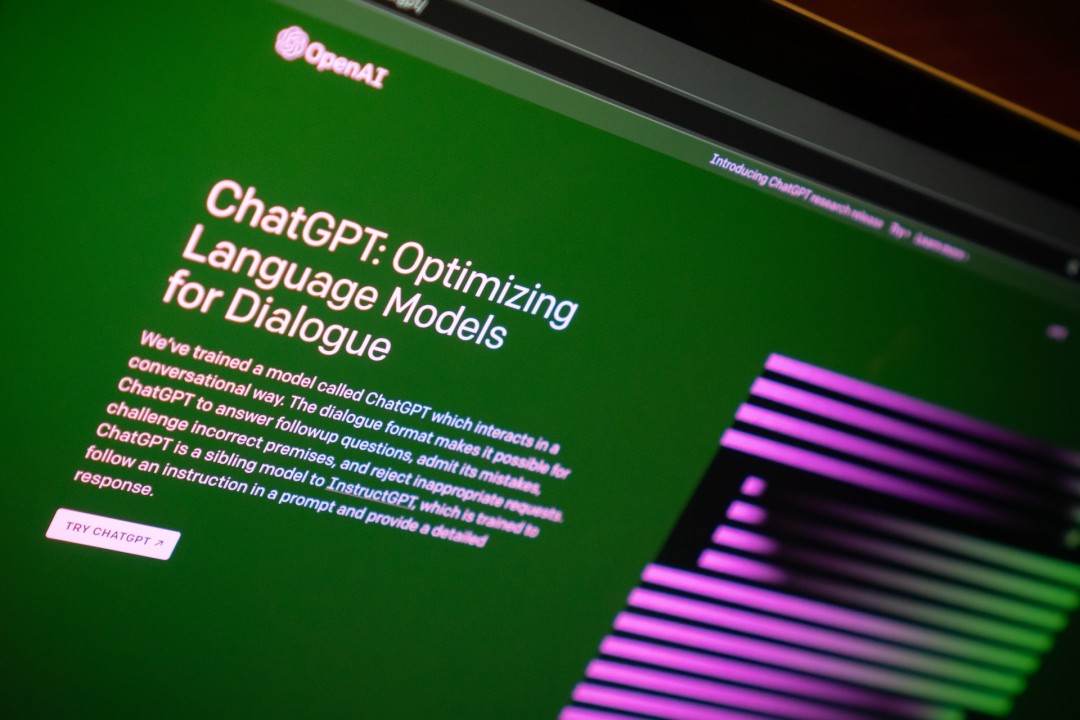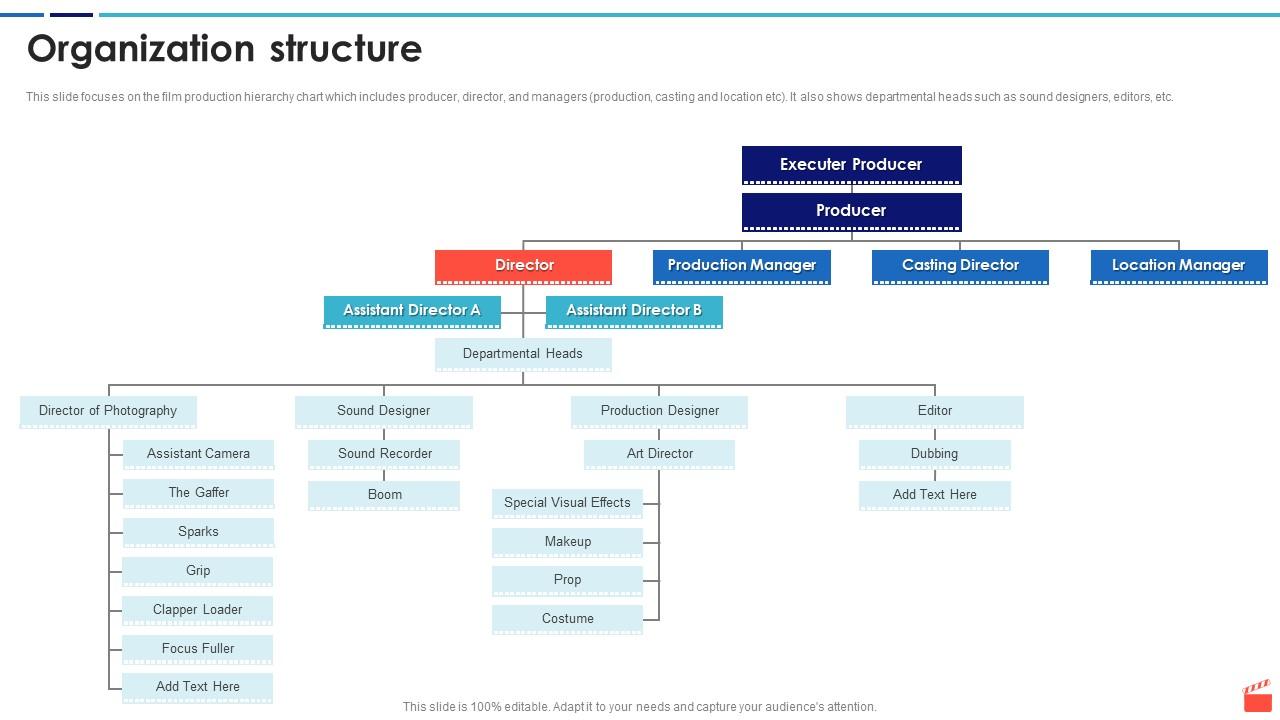OpenAI And ChatGPT: Facing FTC Investigation For Potential Privacy Violations

Table of Contents
The FTC Investigation: What We Know So Far
The FTC, tasked with protecting consumers from unfair or deceptive business practices, is focusing its investigation on OpenAI's data handling practices related to ChatGPT. This investigation stems from growing concerns about the collection, use, and security of user data, potentially violating various privacy laws. The FTC's authority extends to ensuring companies comply with regulations designed to protect consumer privacy and data security.
The investigation centers around several key allegations:
- Allegations of unauthorized data collection: Concerns exist that ChatGPT may be collecting user data without explicit and informed consent, potentially exceeding the scope of what users reasonably expect.
- Concerns about the accuracy of ChatGPT's responses and potential for harm: The potential for biased or inaccurate responses from ChatGPT raises concerns about the potential for harm to individuals or groups based on the data used to train the model.
- Lack of transparency regarding data usage and security measures: Critics argue that OpenAI has not been sufficiently transparent about its data usage practices and the security measures implemented to protect user information.
- Potential violations of COPPA (Children's Online Privacy Protection Act): The use of ChatGPT by minors raises concerns about compliance with COPPA, which regulates the online collection of personal information from children.
Data Privacy Concerns Related to ChatGPT and OpenAI
ChatGPT collects vast amounts of data, including: user inputs, conversation histories, and potentially even personally identifiable information (PII) embedded within user prompts. This data fuels the model's learning process, enabling OpenAI to continuously improve its AI capabilities. However, the storage and processing of this data present significant risks:
- Potential misuse of data: The sheer volume of personal data collected raises concerns about its potential misuse, either internally within OpenAI or through external breaches.
- Data breaches and identity theft: Inadequate security measures could lead to data breaches, potentially exposing users to identity theft and other forms of fraud.
- Vulnerabilities in data storage and security systems: The complexity of AI models and their underlying infrastructure creates inherent vulnerabilities that could be exploited by malicious actors.
- Lack of robust consent mechanisms for data collection: Many users may not fully understand the extent of data collection involved in using ChatGPT, questioning the validity of any implied consent.
- The potential for bias and discrimination in data used to train the model: The data used to train AI models can reflect existing societal biases, potentially leading to discriminatory outcomes in ChatGPT's responses.
- The ethical implications of using user data for commercial purposes: The commercial use of user data raises ethical questions about the balance between profit and user privacy.
OpenAI's Response and Future Implications
OpenAI has issued statements acknowledging the FTC investigation and expressing its commitment to addressing user privacy concerns. However, the specifics of its response remain limited. A critical examination of OpenAI's current privacy policies and practices reveals areas needing improvement. The FTC investigation is likely to result in significant changes to OpenAI's data handling procedures.
- OpenAI's commitment (or lack thereof) to user privacy: The investigation will determine the extent to which OpenAI prioritizes user privacy over its commercial interests.
- Potential changes to the ChatGPT model's data processing mechanisms: OpenAI may need to implement stricter data anonymization techniques and enhance its data security protocols.
- The impact on OpenAI's reputation and future business: The outcome of the investigation will significantly impact OpenAI's reputation and its ability to attract investors and users.
- The ripple effect on other AI companies developing similar technologies: The investigation will set a precedent for other AI companies, influencing their data handling practices and potentially shaping future AI regulations.
Conclusion
The FTC investigation into OpenAI and ChatGPT underscores the critical need for robust data privacy protections in the rapidly evolving field of artificial intelligence. The investigation highlights the potential risks associated with large language models and the paramount importance of transparency and accountability in AI development. OpenAI, ChatGPT, and the broader AI industry must prioritize user privacy and implement rigorous data security measures to maintain public trust.
Call to Action: Stay informed about the ongoing FTC investigation into OpenAI and ChatGPT. Understanding the implications of this case is crucial for navigating the future of AI and protecting your online privacy. Follow reputable news sources for updates on this evolving situation and advocate for stronger regulations to ensure the responsible development and usage of AI technologies like OpenAI's ChatGPT. Demand transparency and accountability from AI developers to safeguard your data.

Featured Posts
-
 The Karate Kids Impact On Pop Culture And Martial Arts
May 07, 2025
The Karate Kids Impact On Pop Culture And Martial Arts
May 07, 2025 -
 Hollywoods Hope Trump Film Production And The American Dream
May 07, 2025
Hollywoods Hope Trump Film Production And The American Dream
May 07, 2025 -
 Netflixs Cobra Kai Unveiling The Shows Karate Kid Roots
May 07, 2025
Netflixs Cobra Kai Unveiling The Shows Karate Kid Roots
May 07, 2025 -
 Knicks Vs Cavaliers Prediction New Yorks Home Court Advantage
May 07, 2025
Knicks Vs Cavaliers Prediction New Yorks Home Court Advantage
May 07, 2025 -
 The Karate Kid Part Ii Comparing It To The Original Film
May 07, 2025
The Karate Kid Part Ii Comparing It To The Original Film
May 07, 2025
Latest Posts
-
 Where To Watch Cavaliers Vs Heat Game 2 Live Stream Tv Channel And Game Time
May 07, 2025
Where To Watch Cavaliers Vs Heat Game 2 Live Stream Tv Channel And Game Time
May 07, 2025 -
 Nba Playoffs Game 1 Heat Vs Cavaliers Winning Picks And Predictions
May 07, 2025
Nba Playoffs Game 1 Heat Vs Cavaliers Winning Picks And Predictions
May 07, 2025 -
 Nba Playoffs Heat Vs Cavaliers Game 1 Predictions Best Bets And Analysis
May 07, 2025
Nba Playoffs Heat Vs Cavaliers Game 1 Predictions Best Bets And Analysis
May 07, 2025 -
 Heat Vs Cavaliers Game 1 Expert Predictions And Betting Picks For Nba Playoffs
May 07, 2025
Heat Vs Cavaliers Game 1 Expert Predictions And Betting Picks For Nba Playoffs
May 07, 2025 -
 Heat Vs Cavaliers Prediction Game 1 Playoffs Best Bets And Picks
May 07, 2025
Heat Vs Cavaliers Prediction Game 1 Playoffs Best Bets And Picks
May 07, 2025
